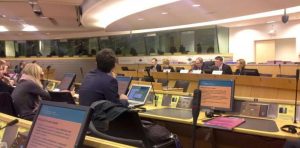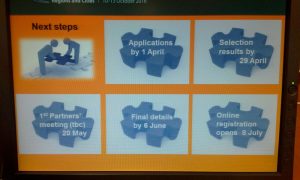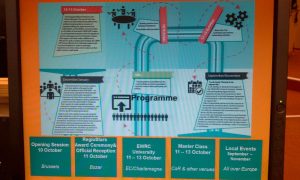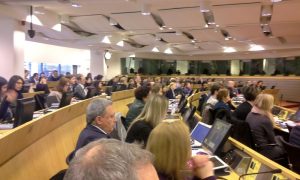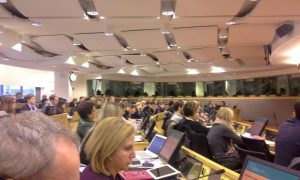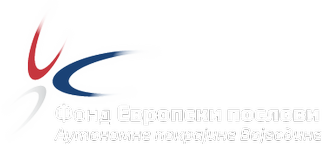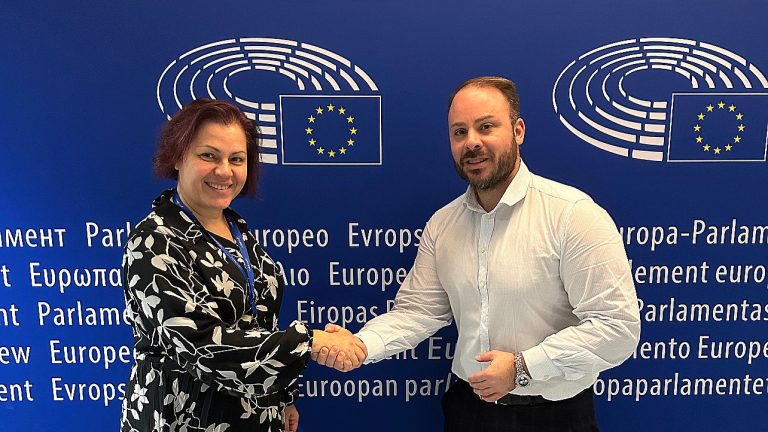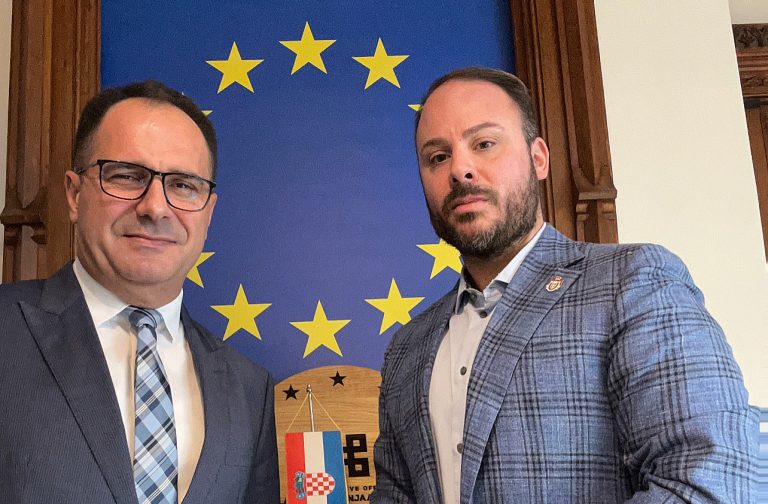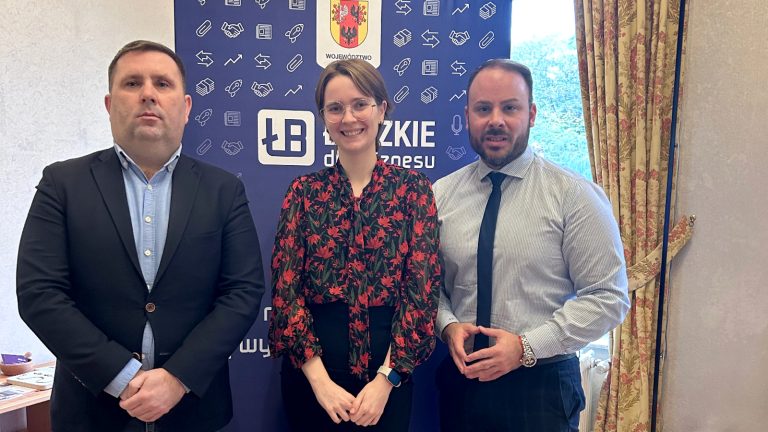14th European Week of Regions and Cities (OPEN DAYS) 2016 Kick-off meeting

On 29.01.2016, CoR Secretary-General Jiří Buriánek and DG REGIO Director-General Walter Deffaa officially kicked-off the preparation of 14th European Week of Regions and Cities. Under the headline “Regions and cities for sustainable and inclusive growth”, candidate partners have now until 1st April 2016 to submit their application.
The 14th European Week of Regions and Cities, to be held in Brussels from 10th to 13th October 2016, will focus on the challenges currently facing Europe’s regions and cities. Building on the implementation cycle of EU cohesion policy programmes, the event will be aligned with the political priorities of the European Commission’s and the European Committee of the Regions for 2016 and with the interests of the partner regions and cities. Discussions are intended to support the implementation of the 2014-2020 ESIF programmes, demonstrate the results of EU investment, showcase examples of good practice, and encourage input for possible future improvements.
Under the headline “Regions and cities for sustainable and inclusive growth”, some 100 sessions, seminars and meetings will be organized under the following thematic strands:
• Sustained and sustainable economic growth: Some of the questions this strand will address are the following: What are the new opportunities for regions and cities to foster growth and jobs given the internationalisation of Europe’s economies? What are the main factors attracting new productive investment in the 21st century? Which regions and cities are currently the more successful in drawing new investments and why? This strand will look specifically at the new opportunities linked to innovation with particular reference to energy efficiency, developing the low-carbon economy and promoting the circular economy, as well as smart specialisation.
• Inclusive economic growth: Some of the questions this strand will address are the following: How are the labour market and social inclusion policies for disadvantaged sections of the population developed and implemented at local level? What are the measures to facilitate the setting-up of micro-businesses or small enterprises and to create an environment which is more “self-employment friendly”? This strand will also allow regions and cities to share their experiences in tackling the refugee crisis, including through the use of EU funds.
• Making ESI Funds simpler: Some of the questions this strand will address are the following: What can be learned from the experience and good practice of regional and national authorities implementing programmes supported under European Structural and Investment Funds? How can programme management be more efficient and more effective and how can it be simplified? How to build administrative and executive capacity? This strand will also examine best practice in urban development, integrated territorial investment programmes and community-led local development.
Between 10 and 13 October 2016, the Brussels-based European Week of Regions and Cities will consist of:
- the Opening Session on 10 October;
- a programme of some 100 workshops and debates, including activities under the title ‘The Meeting Place’ (in the Committee of the Regions’ premises) and the ‘University’;
- the Master Class ;
- the Regio Stars Awards;
- media programme.
Relating to the 2016 thematic priorities, the programme of some 100 workshops will include:
- Ca. 25-30 workshops or debates proposed by the regional partnerships. They will provide an opportunity to exchange experience and good practice and to facilitate cooperation and networking.
- Around 40 workshops or debates organised by the European Commission.
- 25 workshops and debates hosted at the Meeting Place (at the Committee of the Regions).
- Up to 10 University seminars open to contribution by all event partners, European academic networks specialised in regional development (such as the Regional Studies Association) and academics from different European countries specialising in urban and regional studies.
This year’s event will be organized just before the publication of the Cohesion Report. The goal is to bring a great range of practitioners to Brussels, use the full potential of local and regional partnerships, make a clear dialog with citizens and justify the benefits for regional policies.
Walter Deffaa stated that 2015 was a transition year, since it was a period for closing down programmes for the 2007- 2013 period. This year the priorities will be given to the programmes, such as digital agenda and growth and jobs are. The participants will discuss post 2020 policies, and the Director General said that “we all need to deliver what we have promised, demonstrate that we can make maximum use from the budget allocated for EU Cohesion Policy”.
Wolfgang Petzold presented in brief the results of OPEN DAYS 2015: 6000 participants from 70 countries, 177 partner regions and cities from 30 countries, 800 speakers, 180 local events. The evaluation of OPEN DAYS 2015 showed that 94% of the questioned assessed the event as excellent, 90% assessed the presenters as good, 80% expressed their wish to come back. The organizers have prepared more networking and new platforms for meeting for the 2016 edition.
The special objectives for this year’s European Week of Regions and Cities are the same as before, exchange of good practice and experience, enhanced communication and new networks.
The event is aimed at an audience specifically interested in regional policy:
- members of the Committee of the Regions and European Parliament and national, regional and local politicians;
- European, national, regional and local government officials and experts in the field of managing and evaluating cohesion policy programmes;
- representatives of private enterprises, financial institutions and European and national associations;
- journalists from European, national, regional and local media;
- Master or PhD students, researchers and practitioners in the field of European, regional and urban policy.
The deadline for submission of applications from regional partnerships is 1st April 2016. The results of the selection procedure will be announced 29th April 2016. The first event partner meeting will be organised on 20th May 2016. The deadline for submitting final workshop descriptions is 6th June 2016. The online registration for participation will start on 8th July 2016.
The European Week of Regions and Cities is the key annual event for regional and local authorities. Organised by the European Committee of the Regions (CoR) and the Directorate-General for Regional and Urban Policy (DG REGIO) in the European Commission, the European Week of Regions and Cities has become a major communication and networking platform bringing together regions and cities from all over Europe and beyond. Each year it provides thousands of local, regional, national and European decision-makers and experts with a real forum for exchanging and discussing projects and issues relating to regional and local development. It also offers participants a great opportunity in a unique environment to showcase their capacity for creating growth and jobs and implementing European Union cohesion policy, alongside other policies with a territorial impact, and to demonstrate the importance of the local level for good European governance.
For further information visit: http://ec.europa.eu/regional_policy/regions-and-cities/2016/index.cfm
